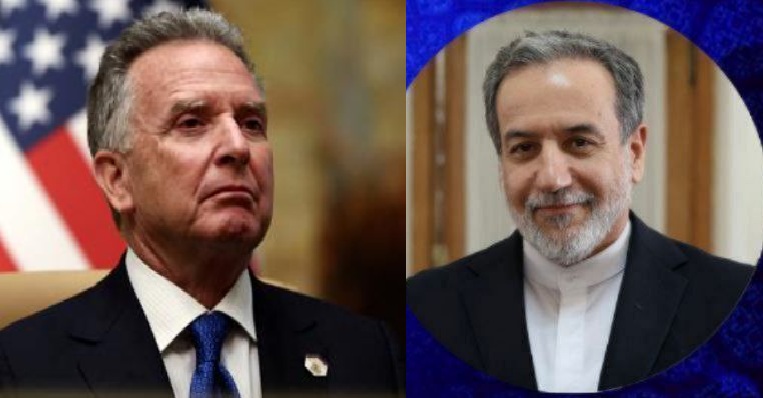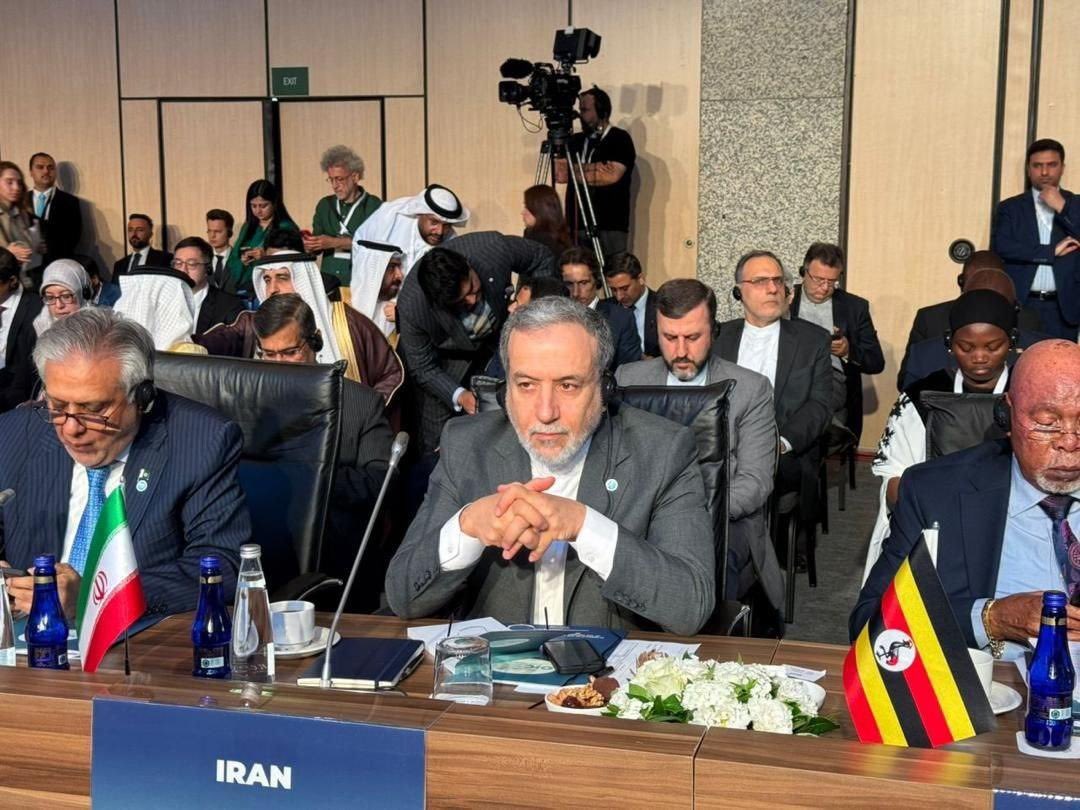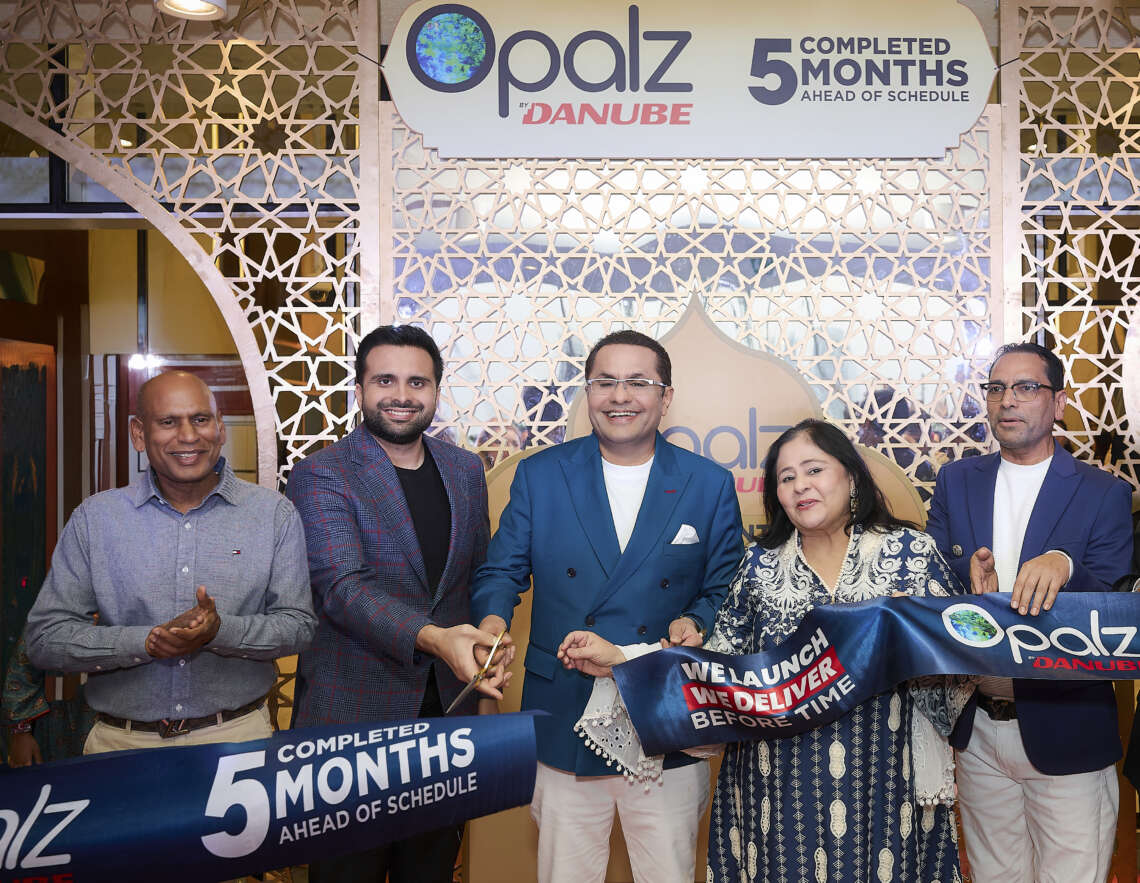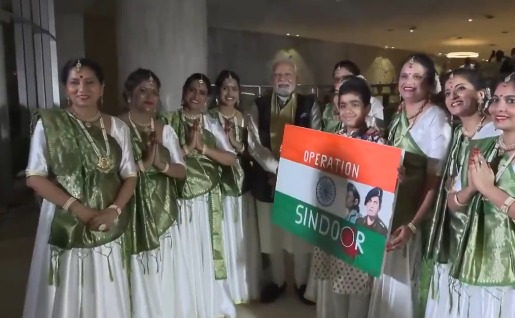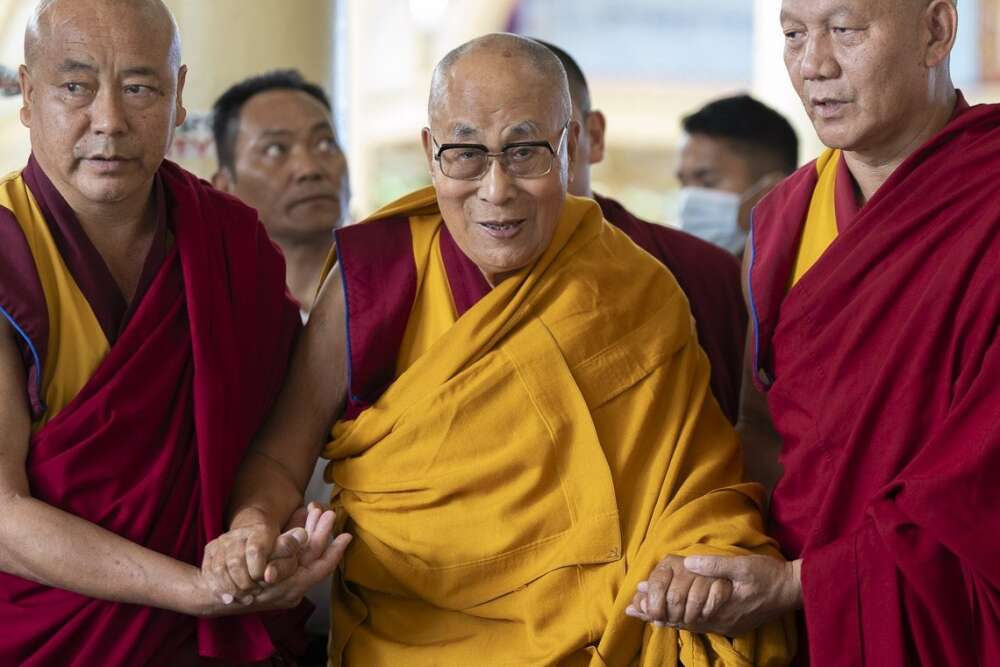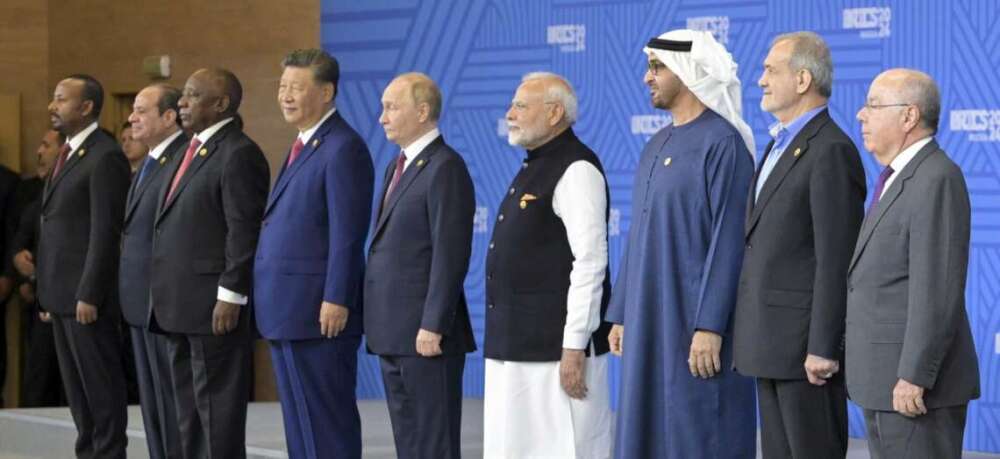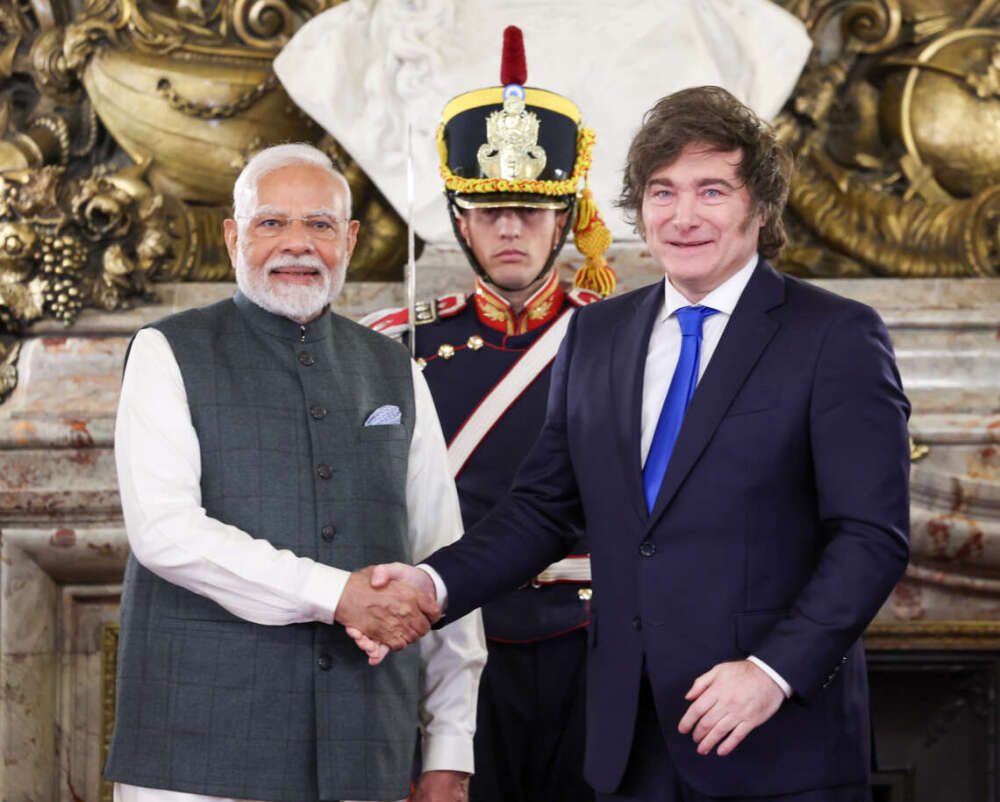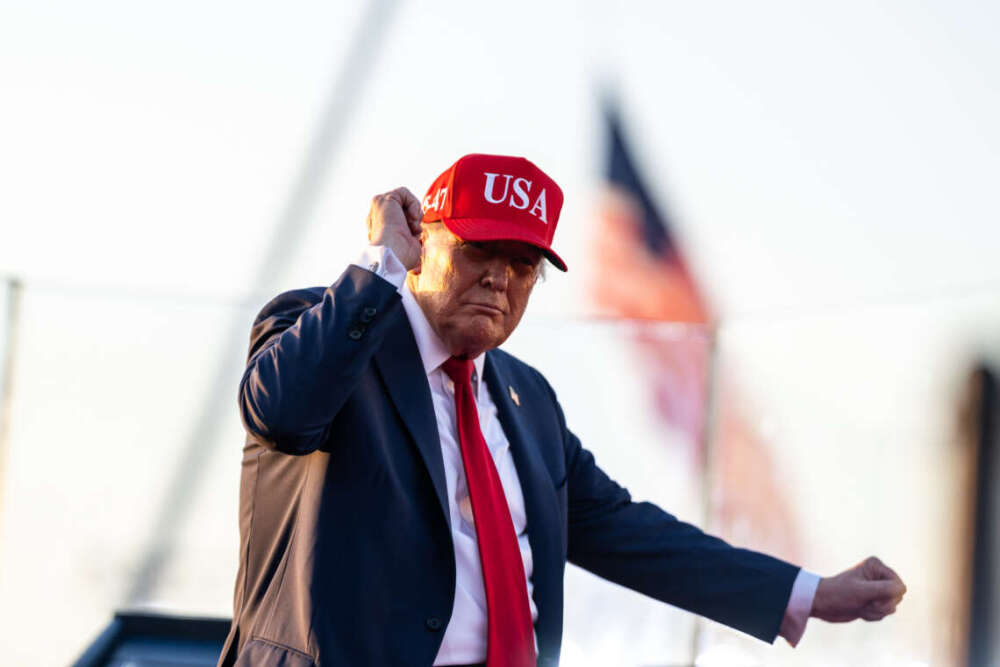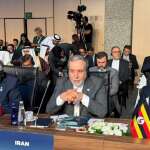Iran and the United States are engaged in indirect high-level talks in Muscat, with Iran emphasising that the discussions will be confined to its nuclear programme and associated sanctions relief.
Mediated by Omani Foreign Minister Sayyid Badr bin Hamad Albusaidi, the talks are being held under the watch of regional stakeholders, amid escalating tensions and renewed international focus on the stalled 2015 nuclear deal.
Iranian Foreign Minister Seyed Abbas Araghchi, leading Tehran’s delegation, met with Albusaidi ahead of the negotiations to share Iran’s position and express gratitude for Oman’s “responsible” mediation role.
“Our ties with Oman are longstanding and robust,” said Araghchi, adding that the choice of Muscat as the venue reflects mutual trust and the importance of the talks.
Albusaidi described the discussions as “important,” and assured Araghchi of Oman’s readiness to facilitate progress.
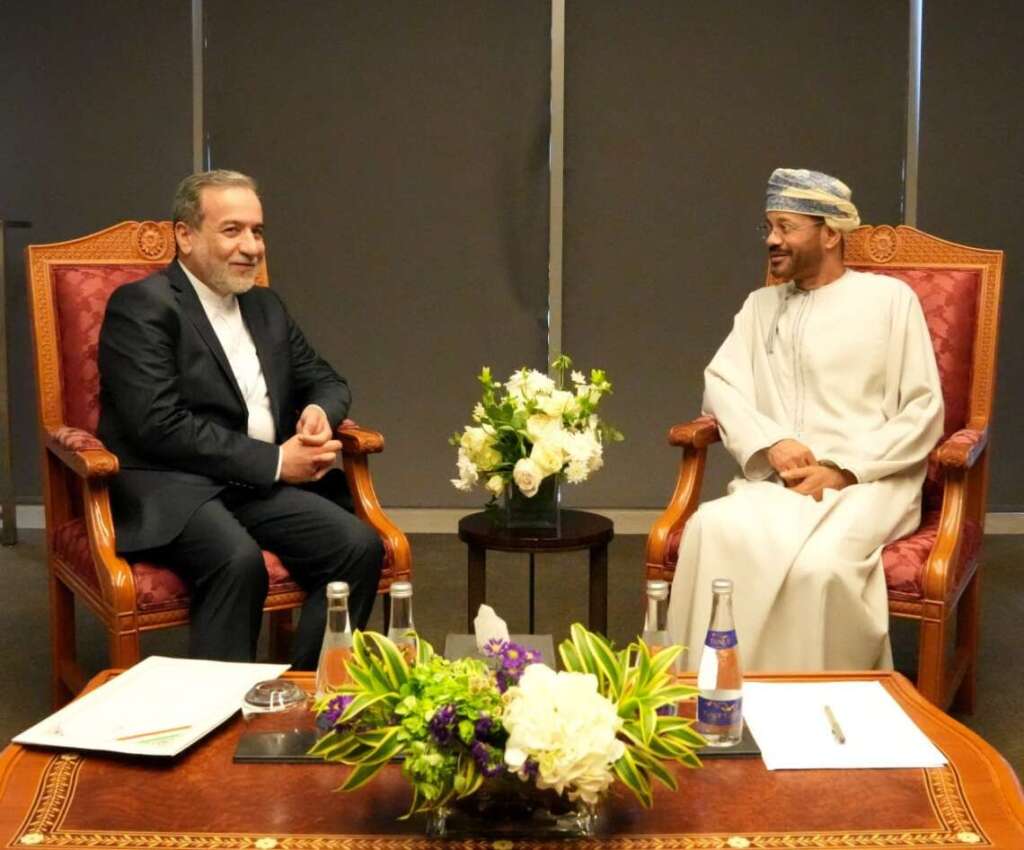
The negotiations are taking place with the backdrop of rising pressure from Washington. President Donald Trump earlier this week warned of potential military action should Iran refuse to abandon its nuclear ambitions. The US Treasury also imposed fresh sanctions on Iranian entities, including the Atomic Energy Organization of Iran, just days before the talks.
Despite repeated US suggestions of “direct talks”, Iran has insisted on indirect engagement, citing its refusal to negotiate under what it describes as Trump’s “maximum pressure” campaign.
“If the other party comes to the negotiating table with [an attitude of] equal footing, there will be a chance for an initial understanding that would mark a path for the negotiations,” Araghchi told state media.
He reiterated that Iran’s nuclear programme is “peaceful and legitimate,” and said Tehran remains open to resolving any ambiguity through dialogue — provided the US shows the “necessary and sufficient political will.”
US Special Envoy to the Middle East Steve Witkoff is representing Washington in the Muscat discussions.
Iran originally agreed to the Joint Comprehensive Plan of Action (JCPOA) in 2015 with six major world powers, limiting its nuclear activities in exchange for sanctions relief. However, the US withdrew from the deal in 2018, triggering a cycle of escalations. While both sides have expressed openness to negotiation in recent months, meaningful progress remains elusive.


